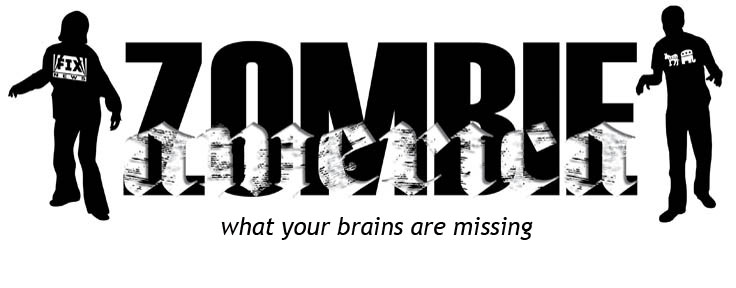World government is the concept of a political body that would make, interpret and enforce international law. Inherent to the concept of a world government is the idea that nations would be required to pool or surrender (depending on point of view) sovereignty over some areas. In effect, a world government would add another level of administration above the existing national governments or provide coordination over areas national governments are not capable of adequately addressing as independent polities. The authority granted this level and how it relates to national governments and/or citizens is debated by both proponents and opponents of world government.
Some people see international institutions (such as the International Criminal Court, United Nations and International Monetary Fund) and various supranational and continental unions (such as Organization of American States, European Union, African Union, Union of South American Nations and Association of Southeast Asian Nations) as the beginning elements of a world government system. An organization comprising legislators from various nations known as Parliamentarians for Global Action have promoted ideas of democratic global governance, though such promotion has varied in its scope and intensity during the organization's history.
Depending on one's point of view, a world government would erase traditional notions of sovereignty, a construct that is presently under intense debate. Many critics contend that the establishment of a world government would be essentially meaningless without an event or conflict that poses a serious threat to the planet or individual member states. The argument that intergovernmental organisations such as the United Nations could be a basis for world government is often criticised by realists who contend that such organisations have little or no real ability to affect global events and constitute only a de jure world government and not the de facto institutions needed. This is based on nationalist ideals or the experience of world-governmental candidates such as the European Union (EU) or the United Nations in addressing situations like the crisis in Darfur or other such conflicts.
Furthermore, conflicts such as the Second World War involving a number of the planet's major powers led to the breakup of near global entities such as the British Empire and others; this suggests to critics that such extended organisations and regimes are not immune from global catastrophes. As another example, critics point to the the League of Nations, established to prevent a re-occurrence of the First World War and the closest express of global government then to date, which nonetheless could not in fact prevent the Second World War as intended.
Another common criticism is how a world government might reflect the worse aspects of nationalism, such as imperialism, in its imposition of cultural values. The concern is that a dictatorship would be formed to enforce a world government, whether beneficial (see H.G. Wells' The Shape of Things to Come) or detrimental. These concerns arises from the contrary view of nationalism as consistent with the compulsion for self-determination. Proponents of world government, however, counter that a federated approach to world government would instead respect the member cultures and encourage greater recognition of multiculturalism than individual nation-states.
A perceived disappearance of individual or national autonomy is perhaps the most widely cited reason for the current disdain for the idea of world government. Euroscepticism is popular in the United Kingdom for example, where parties like UK Independence Party oppose the European Union because of the emerging possibility of it becoming a superstate rather than a free trade organisation as the original European Economic Community was established. Such Euroskeptics also see the European Union as being run by its more dominant members and not as a true democratic union. Similar notions are shared elsewhere in the world, based on the expectation that supranational government would necessarily entail populations of other countries controlling one's own government. The more extreme critics of world government suggest the formation of similar institutions as the global level, if indeed undemocratic, would provide dissidents "nowhere to run."
Source
skip to main |
skip to sidebar
Table of Contents
- Bohemian Grove (1)
- Brainwashing (1)
- Cognitive Dissonance (1)
- COINTELPRO (1)
- Conspiracy Theory (1)
- Council on Foreign Relations (1)
- Dialectic (1)
- Disinformation (1)
- Divide and Conquer (1)
- Doublespeak (1)
- Doublethink (1)
- Esoteric (1)
- Eugenics (1)
- Exoteric (1)
- False Flag (1)
- Federal Reserve Bank (1)
- Free (Freedom) (1)
- Georgia Guidestones (1)
- Groupthink (1)
- Ignoratio Elenchi (1)
- Insurrection Act (1)
- Mind Control (1)
- Nano-Thermite (1)
- New World Order (1)
- Patriot (1)
- Plutocracy (1)
- Posse Comitatus Act (1)
- Problem Reaction Solution (1)
- Project For a New American Century (PNAC) (1)
- Propaganda (1)
- Provocateur (1)
- Psychological Operations (PSYOP) (1)
- RAND (1)
- Skull and Bones (1)
- Stockholm Syndrome (1)
- Straw Man (1)
- Terrorist (1)
- The Art of War (Sun Tzu) (1)
- The Great Game (1)
- Topics Defined (1)
- Trilateral Commission (1)
- Tyranny (1)
- World Government (1)

.jpg)
